2025 Mayors Challenge Finalist Cities
Finalists will receive $50,000 and support to test breakthrough ideas for improving life in cities
From Boise to Belfast, Ansan to Addis Ababa, Toronto to Taipei, the 50 finalists, selected from more than 630 applications, hail from 33 countries and represent over 80 million residents. Their ideas aim to increase public transit ridership, lower household energy costs, expand urban green space, speed service response, strengthen sanitation, improve youth safety, safeguard water supply, and more.
Each finalist city will receive $50,000 to prototype their idea. They will also participate in Bloomberg Philanthropies’ Ideas Camp in July to hone and test their concepts with feedback from experts and fellow peers. In January 2026, the 25 city halls with the most promising ideas will each be awarded $1 million and operational assistance to bring their proposals to life.
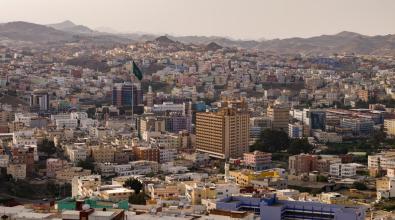
Abha, Saudi Arabia
Creating an AI-powered database of city architecture where citizens and tourists can better understand planned developments and provide feedback to maintain cultural heritage.
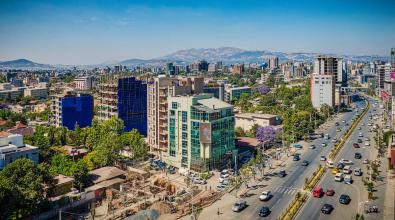
Addis Ababa, Ethiopia
Streamlining data from across city departments into a single AI powered system that predicts risks and enables more responsive planning of city services.
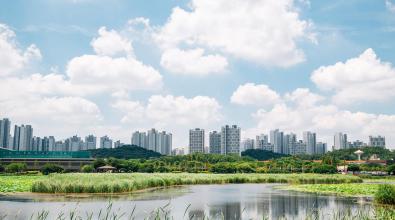
Ansan, South Korea
Creating a new youth center that connects Korean and immigrant youth through K-culture programming (Korean pop culture, music, food, and media) to lower cultural divides and combat social prejudice.
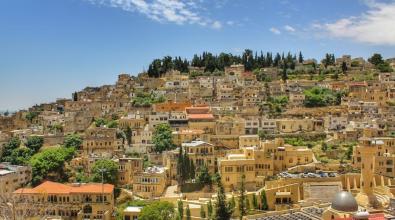
As-Salt, Jordan
Training residents in historic stone building techniques to create employment opportunities and preserve the city’s historic architecture.
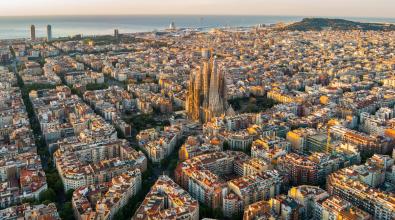
Barcelona, Spain
Helping deliver faster and fairer housing upgrades by streamlining financing and lowering technical and governance barriers for those who need it most.
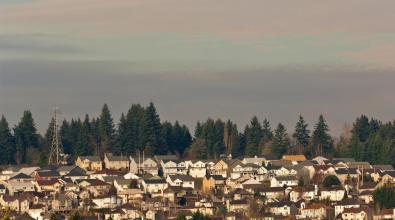
Beaverton, United States
Creating a new path to affordable middle housing ownership by streamlining permitting processes for groups of future homeowners who then will work together to design and build homes simultaneously to bring down costs.

Beira, Mozambique
Fortifying inland neighborhoods with new infrastructure based on input from the local fishing community to successfully relocate at-risk coastal communities.
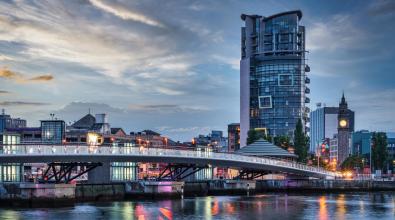
Belfast, United Kingdom
Transforming 126 miles of neglected alleyways into community-owned green spaces to create safer, healthier, and more connected communities.
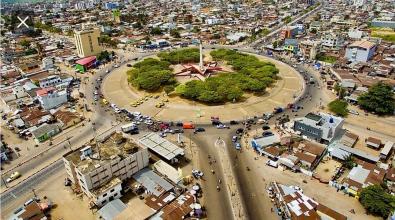
Benin City, Nigeria
Expanding access to vital healthcare for women through smart health kiosks, mobile outreach units, and a digital referral system.
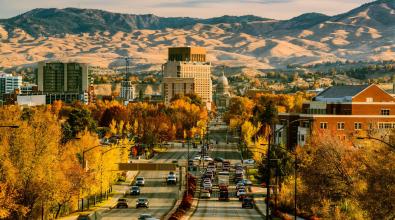
Boise, United States
Delivering geothermal heating and cooling to affordable housing developments through a city-run service, reducing emissions and lowering energy costs for families.
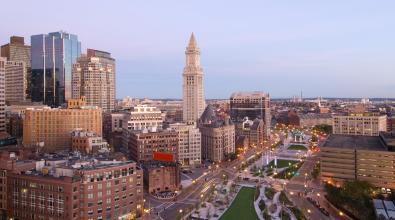
Boston, United States
Installing traffic sensors that use AI at critical intersections to prioritize school buses, improving student learning by reducing commute times and tardiness rates.
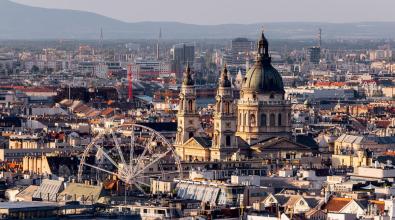
Budapest, Hungary
Building a city-run food processing plant that can turn surplus fruits and vegetables from local markets into nutritious meals for schools and senior homes.
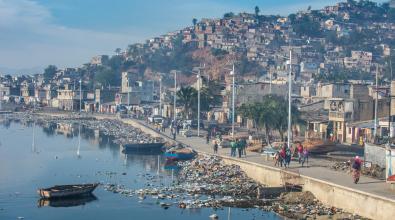
Cap-Haïtien, Haiti
Reducing unauthorized construction in high-risk areas with new zoning system that maps flood-prone and unstable areas and raises public awareness about them through media campaigns and physical markers.
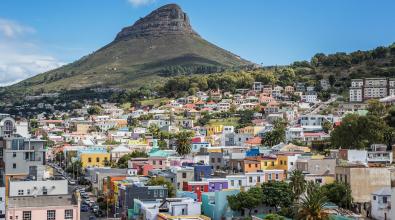
Cape Town, South Africa
Establishing a first-of-its-kind recycling and waste collection system in informal settlements by collaborating with local organizations and integrating informal waste pickers to formalize and expand their work.
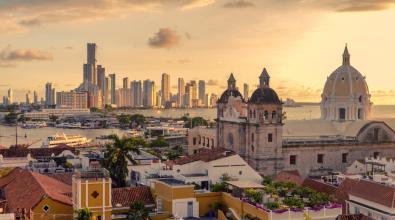
Cartagena, Colombia
Equipping vendors in the historic city center with eco-friendly carts that support digital payments and trash disposal to improve food safety and waste management in tourist areas.
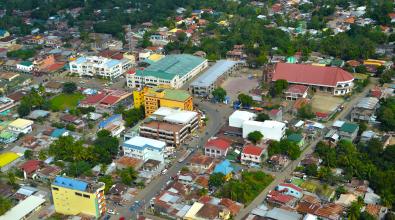
Cauayan, Philippines
Creating a new early warning system for dengue fever outbreaks that uses data from mosquito traps, sensors, and other sources to better alert residents.
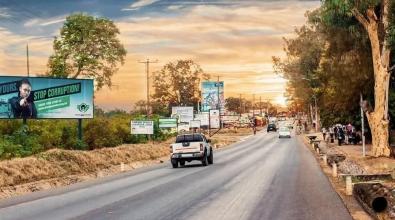
Choma, Zambia
Designing a new water and waste system by combining solar powered water purification, initiatives to turn waste into resources like compost, and employment opportunities for women and youth.
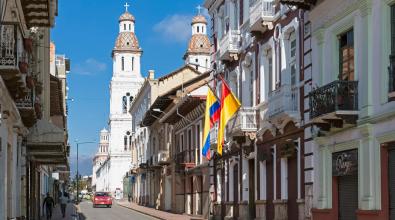
Cuenca, Ecuador
Addressing water scarcity in the city through a mobile app that provides residents with conservation tips and real-time data on water consumption, school-based education to promote conservation, and low-cost infrastructure improvements.
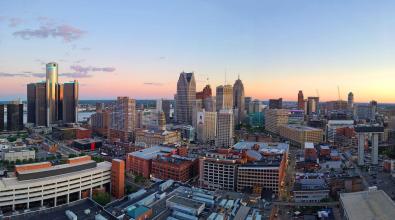
Detroit, United States
Creating a new single data set that connects all relevant information, such as inspection dates, taxes, and utilities, on all 400,000 properties in the city to improve service delivery and planning.
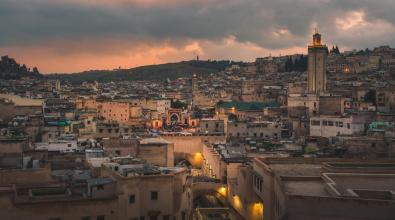
Fez, Morocco
Formalizing the work of informal waste pickers to operate a new waste sorting center that offers better working conditions and trainings to promote recycling and improved waste collection.
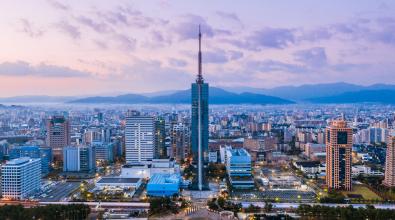
Fukuoka, Japan
Embed dementia-friendly approaches into everyday city services to better serve the aging populations.
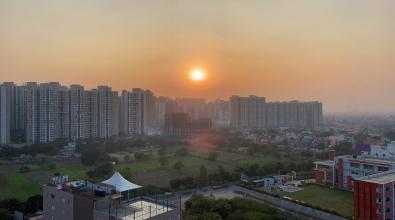
Ghaziabad, India
Converting organic waste into white rooftop paint and compost to cool homes, green parks, and lower emissions while providing employment opportunities for women.
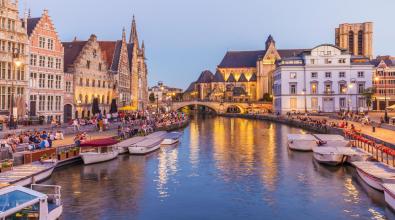
Ghent, Belgium
Improving the residents’ ability to access services online by removing confusing application processes and using data from multiple sources to automatically match vulnerable individuals with benefits.
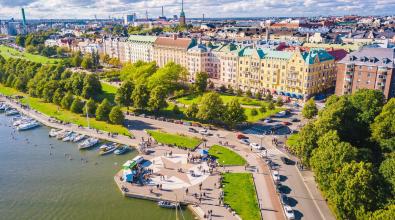
Helsinki, Finland
Countering the harmful effects of social media on youth by creating a holistic city-wide strategy that will include, age-specific curricula in schools, guidance for parents at-home support, and strategies for frontline staff (such as teachers and youth workers) to address the issue.
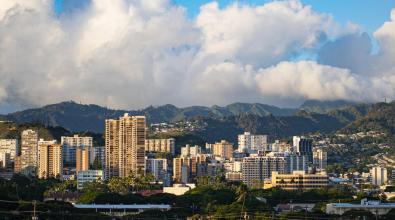
Honolulu, United States
Building rooftop and community gardens directly into new developments and infrastructure, including a new rail line, to make fresh produce more accessible for underserved populations.
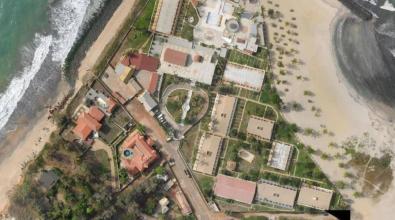
Kanifing, Gambia
Transforming underused community centers into waste management sites with an app to message and provide incentives that increase trash drop off rates, increase recycling and composting, and provide employment opportunities for youth.
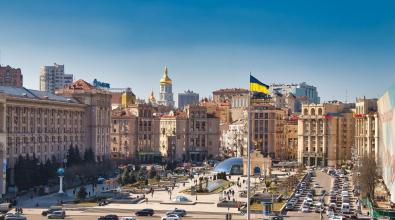
Kyiv, Ukraine
Enhancing an online education platform created to keep students engaged during the war by integrating AI to personalize learning and mental health services used on the platform.
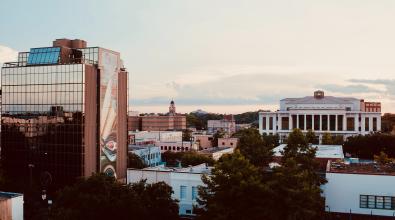
Lafayette, United States
Streamlining sewage pipe repairs on private properties by creating a public-private partnership that will manage and repair leaks at no cost to the owners, increasing sewage system capacity.
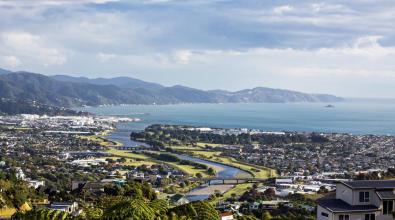
Lower Hutt, New Zealand
Using AI to create an emergency response system that delivers real-time updates in multiple languages to better reach diverse communities and allows residents to share live updates into the system to improve emergency response.
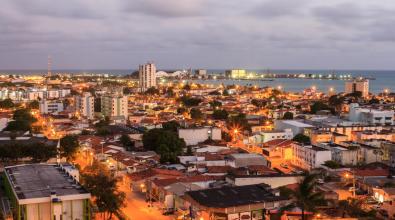
Maceió, Brazil
Providing entrepreneurs with training and digital resources to connect them and their products with more tourists.

Marseille, France
Launch a new real estate venture that will receive public and private funding to build housing that includes access to services for at-risk groups on unused city land.
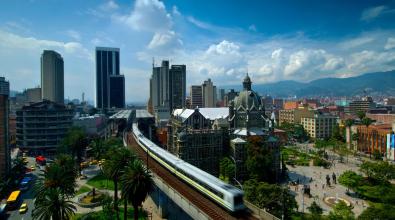
Medellín, Colombia
Making progress towards their goal of "Zero Hunger" by using AI and partnerships to improve the efficiency, quality, and quantity of food distributed to the most vulnerable residents.
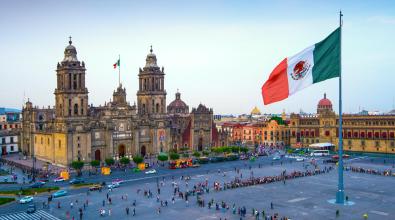
Mexico City, Mexico
Building a digital model of the city’s water system to monitor water scarcity levels, detect problems, and improve services, while providing greater transparency for residents who can view data and report outages.
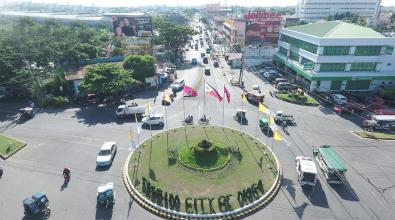
Naga, Philippines
Developing a trusted early warning system for extreme rain and floods that is powered by AI and uses data from low-cost sensors and trained citizen scientists.
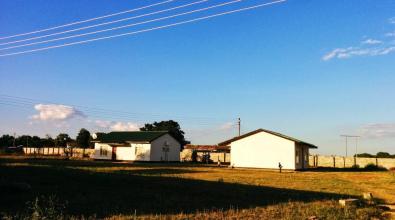
Ndola, Zambia
Transforming the current informal bus network into a reliable, accessible, and safe public transport system through a mobile app and screens at stops that track buses in real-time and allow for digital payments.
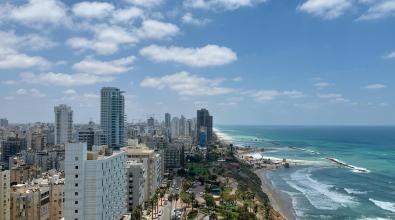
Netanya, Israel
Increasing access to early education and family support services through mobile carts that can be setup in various locations (like parks) to connect parents to nutrition assistance, speech therapy, and more.
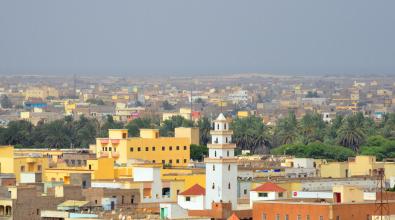
Nouakchott, Mauritania
Piloting a model to deliver essential services in outlying neighborhoods that don’t currently have access by combining solar-powered lighting, wastewater reuse systems, health clinic upgrades, and public transit options.
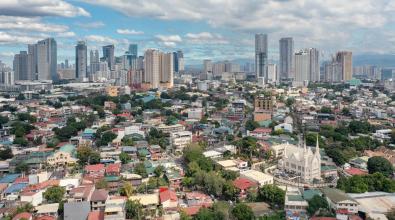
Pasig, Philippines
Transforming underused rivers and creeks into a system of floating parks that will provide green space for recreation and essential services like health clinics and libraries, while also reducing flood hazards and easing congestion.
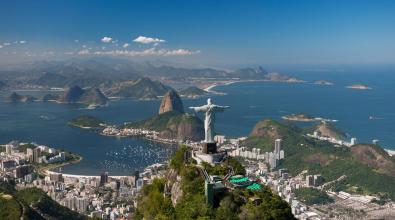
Rio de Janeiro, Brazil
Pairing AI and 24-hour human support to proactively connect vulnerable residents to essential city services such as health, education, transport, and social services.

San Francisco, United States
Reimagining the public transportation system to be more welcoming and responsive to riders' everyday needs by improving customer feedback mechanisms, addressing user pain points in design, and introducing training and incentives for staff.
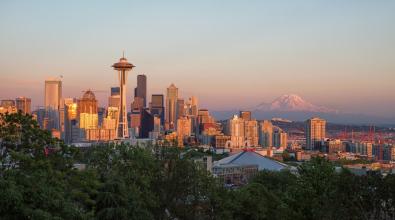
Seattle, United States
Transforming the city’s largest public event venue into a zero-waste campus by introducing reusable dishes and cutlery, onsite composting, and improved waste separation services.
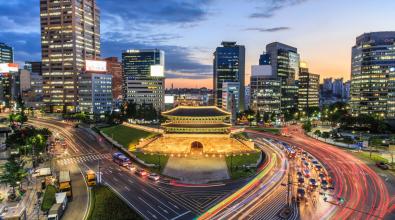
Seoul, South Korea
Preventing online child exploitation by creating educational campaigns, a youth support system, and a mobile app that uses AI to identify concerning behaviors and alert parents.

Sialkot, Pakistan
Doubling water service from 12 hours to 24 hours by introducing solar-powered pumps, real-time water management technology, and rainwater harvesting to create a lower cost, more resilient city water system.
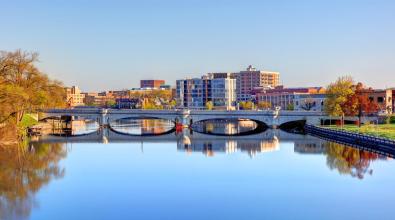
South Bend, United States
Transforming the city’s 311 system from reactive to proactive by using AI to anticipate resident needs and preemptively connecting them with city services.
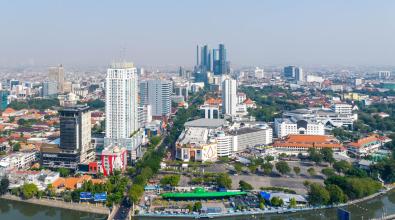
Surabaya, Indonesia
Reducing the environmental impact of single-use diaper waste in the river through a program that uses culturally aligned incentives to encourage the adoption of locally produced, high quality cloth diapers.
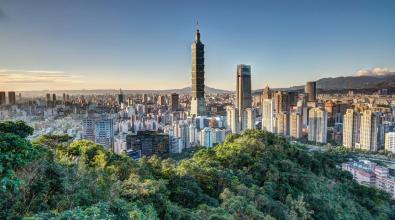
Taipei, Taiwan
Addressing bus driver shortages and improving transit reliability by using AI to manage scheduling and provide real-time crowding information to passengers, while establishing a program to train and support drivers.
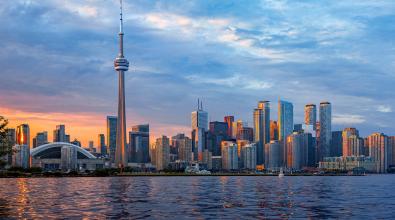
Toronto, Canada
Engaging local food organizations and entrepreneurs (including food banks and restaurants) to provide mid-morning meals that reflect the cultural diversity of the community to all students in schools, reducing student hunger.
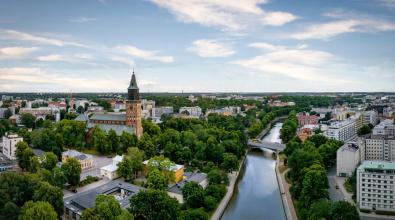
Turku, Finland
Creating a multilingual website that helps residents, particularly immigrants and low-income families, better access food aid as well as financial and employment services.
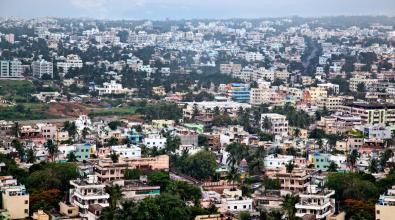
Visakhapatnam, India
Introducing a real-time emergency planning and response system that uses sensors, AI, and risk mapping to better predict and warn residents about weather-related disasters including floods, cyclone, and heatwaves.
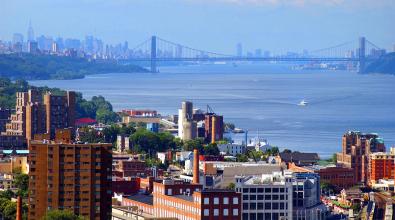
Yonkers, United States
Improving the wellbeing of isolated seniors by connecting them to services through an app, a network of community hubs, and by mobilizing volunteers to assist seniors with daily needs.